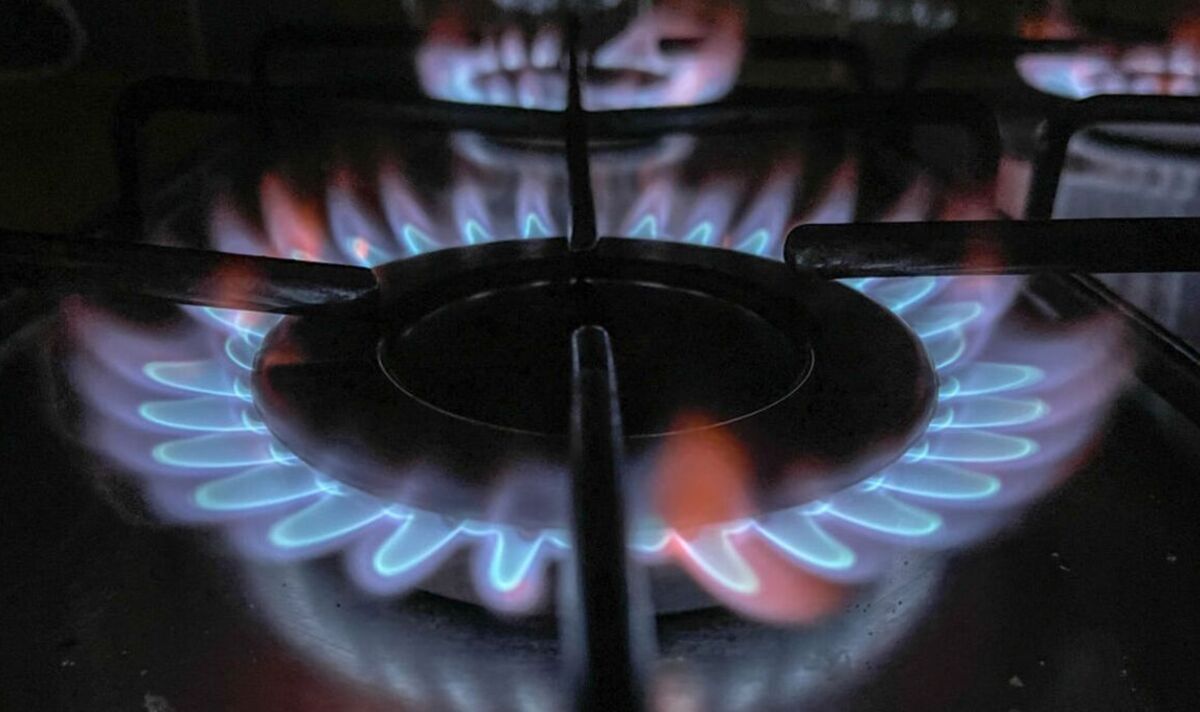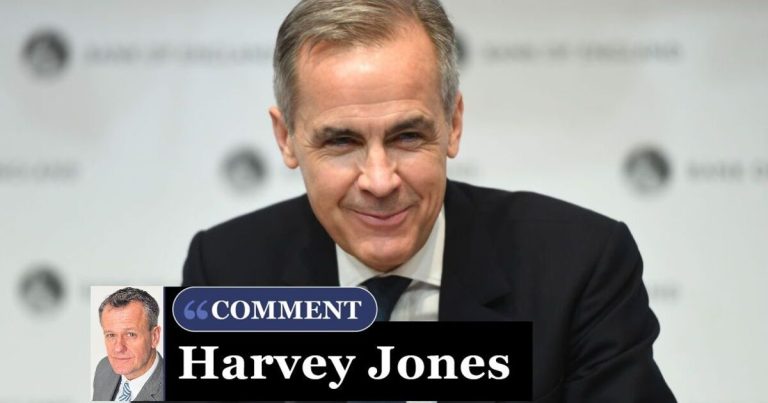
Millions of households will see energy bills rise again at the start of January, a new forecast warns.
Industry regulator Ofgem is expected to announce next Thursday that the energy price cap will be increased to 28.94p per unit of electricity and 7.42p per unit of gas from the start of next year.
It means that the typical household’s bill will rise from £1,834 per year to £1,931, according to experts at consultancy Cornwall Insight.
This marks Cornwall’s final prediction of the price cap before Ofgem announces the level next week.
The typical bills are then expected to fall to £1,853 from the start of April, but they won’t reduce to below today’s level until July next year.
Dr Craig Lowrey, principal consultant at Cornwall Insight, said: “An unstable wholesale energy market, coupled with the UK’s reliance on energy imports, makes it inevitable that energy bills will rise from current levels.
“This leaves households facing yet another winter with bills hundreds of pounds higher than pre-pandemic levels, and affordable fixed deals few and far between.”
He added: “The King’s Speech acknowledged that it is our exposure to volatile international energy markets that has led to higher and less predictable bills.
“While we continue to advocate for immediate targeted support for vulnerable consumers, it is evident that the only enduring solution lies in transitioning the UK away from the influence of global energy prices towards sustainable, domestically-sourced energy.”
The consultants also warned that their forecasts imply that the standing charge will rise by 8p per day from the start of April.
All households have to pay the standing change, meaning that any increases disproportionately affect those who use less energy.
Cornwall said recent milder weather is helping to bring down gas prices, and this could help reduce bills next year if it continues. However, it noted that “sharp price falls are not expected”.
Richard Neudegg, director of regulation at Uswitch.com, commented: “A week ahead of the price cap announcement, this is a firm prediction that energy costs will rise by five percent for households on standard variable tariffs in January.
“This price rise will come at the worst time of year for households, who will be using more energy at home during one of the coldest points of the winter.
“Consumers on standard variable tariffs are particularly exposed to fluctuations in the wholesale energy market, as the price cap now changes every three months.”
Mr Neudegg pointed out that the quarterly price change is piling “extra financial uncertainty” on consumers, as it’s challenging to budget for a bill when rates can change so frequently.
He added: “Fixed rate deals remain the only way that consumers can secure any certainty about what they will pay for energy for a year.
“Yet more still needs to be done by Ofgem to encourage suppliers to offer fixed deals more widely and at more competitive prices.
“The price cap is no longer fit for purpose, and the system needs reforming to create a more competitive market, which also protects households.”
The official cap announcement by Ofgem is scheduled for November 23.







